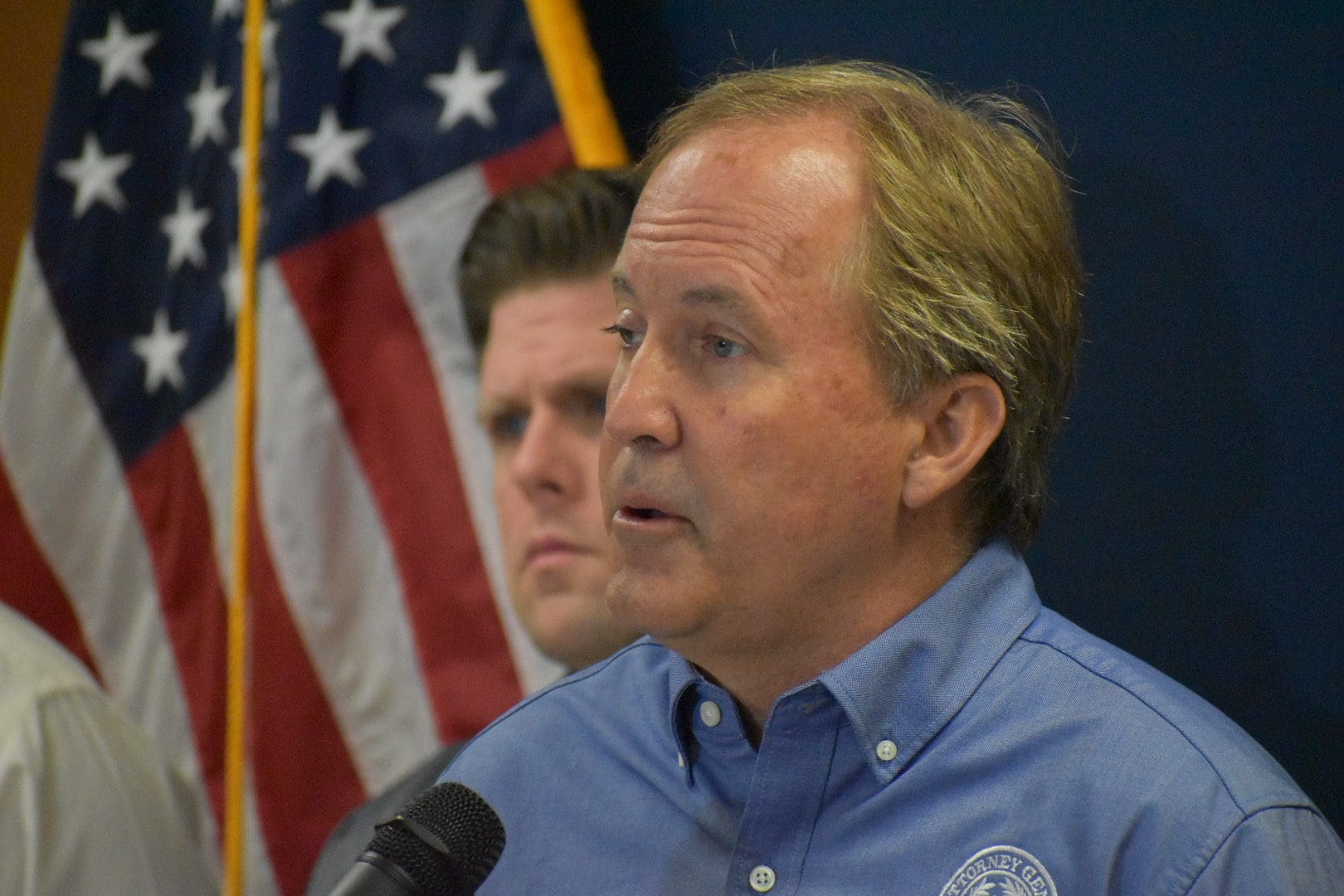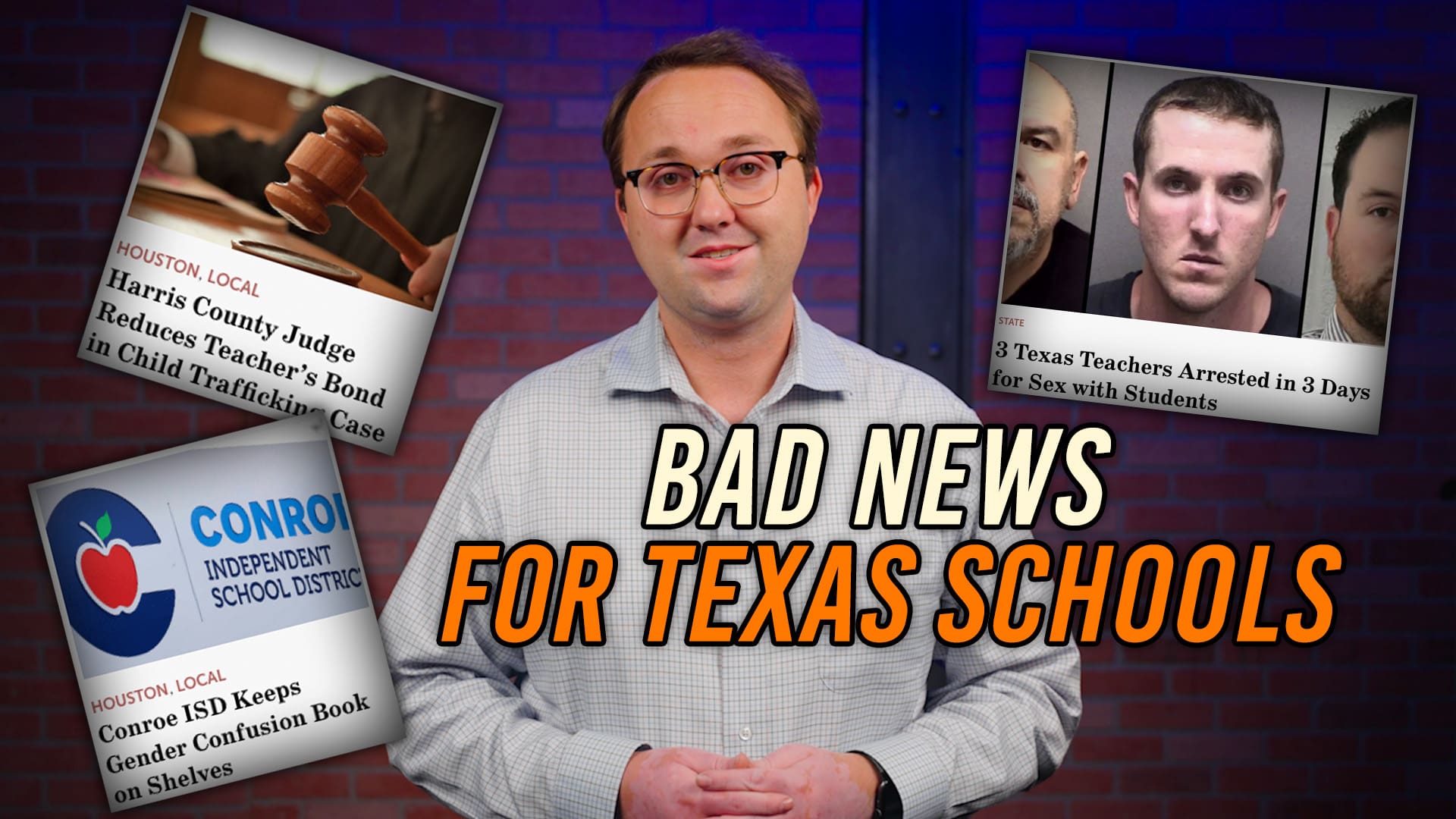Two so-called “ethics” bills relating to campaign finance regulation recently exposed which legislators are working to expand the liberty of their constituents and which are fighting to protect themselves in future elections.
Last Monday evening, House Bill 22 passed with wide support after an effort to strip a draconian provision out of the bill was defeated. Critics alleged that the legislation could put the Texas Ethics Commission (TEC) on a path to utilizing secret and abusive attacks on conservative activists like the ones documented in Wisconsin.
Before the bill containing the Wisconsin-esque provision could be passed however, lawmakers rebuffed efforts to force local school board officials to file personal financial statements with the TEC. While the provision, offered by El Paso Democrat State Rep. Joe Moody, was questionable in merit, the debate over it revealed the hypocrisy and self-serving attitudes of many legislators.
State Rep. Larry Phillips (R–Sherman) led the fight against increasing transparency for local elected officials. Phillips argued that the yearly financial report would be too burdensome and would have a chilling effect on local leaders and would deter many from volunteering to run for office.
Yet Phillips shared no similar concern when he signed-on to coauthor House Bill 37, an unconstitutional speech regulation bill by State Rep. Byron Cook (R–Corsicana). The bill was presented by Cook and the Austin lapdog media as targeting so-called “dark money groups,” which in the Austin political lexicon is a euphemism for Empower Texans and other 501(c)4 non-profit corporations. However it would have regulated every business, every non-profit organization, and every man, woman, and child in Texas.
The legislation would have required any person or entity who anticipated potentially spending more than $25,000 on independent speech supporting candidates or measures not in coordination with a campaign (including local school board races, or school bond elections) to keep 12-months of rolling financial records detailing every transaction received by the person or entity. If the person or entity passed the $25,000 threshold, the organization would be forced to accurately report all “contributors” (which in some cases would have captured commercial transactions) going back twelve months.
Taking the bill’s provisions to their logical conclusion, one would have to conclude that a church which wished to preserve its right to engage in non-candidate issue elections and referendums would be prohibited from passing the collection plate each Sunday.
All of that onerous reporting, of course, would only come into play if citizens could understand the complicated requirements of the law. For example, the definition of “contribution” under the act spanned half a page.
The legislation would have effectively capped independent political speech at $25,000 for all but the wealthiest of persons and organizations who could afford the attorneys and forensic accountants necessary to comply with the law. And for those who did comply, their donors and potential customers would be exposed to retaliation by politicians and partisans upset by the resulting speech.
House Bill 37 died Thursday evening as collateral damage from a parliamentary technique used by Straus-enabled Democrats to stall the calendar until it was too late to consider pro-marriage legislation. But before the bill could go down, members helpfully exposed their true allegiances by signing on to a massive coauthor list for the bill. The long list proves that House leadership whipped members to sign-on as a signal of their defiance of scrutiny by the grassroots.
Four members traditionally counted as conservatives – Rodney Anderson (R–Grand Prairie), Pat Fallon (R–Plano), Mark Keough (R–The Woodlands) and Scott Sanford (R–McKinney) – along with a slough of other so-called conservatives who have sold out their constituents in the past – signed on to the legislation. These representatives demonstrated that they would rather brown nose leadership on freedom-killing legislation than defend the liberty of their constituents.
Sadly, their best defense is that they didn’t read the legislation before they decided to coauthor it. Either way, through malevolence or incompetence, such actions are a clear and present danger to the liberty of all Texans and should be weighed heavily in the minds of voters as they consider sending them back to Austin for another term.
Selfishness amongst the political class is a cancer. It is destroying our nation’s capitol and it appears that it has set root in Austin as well.




